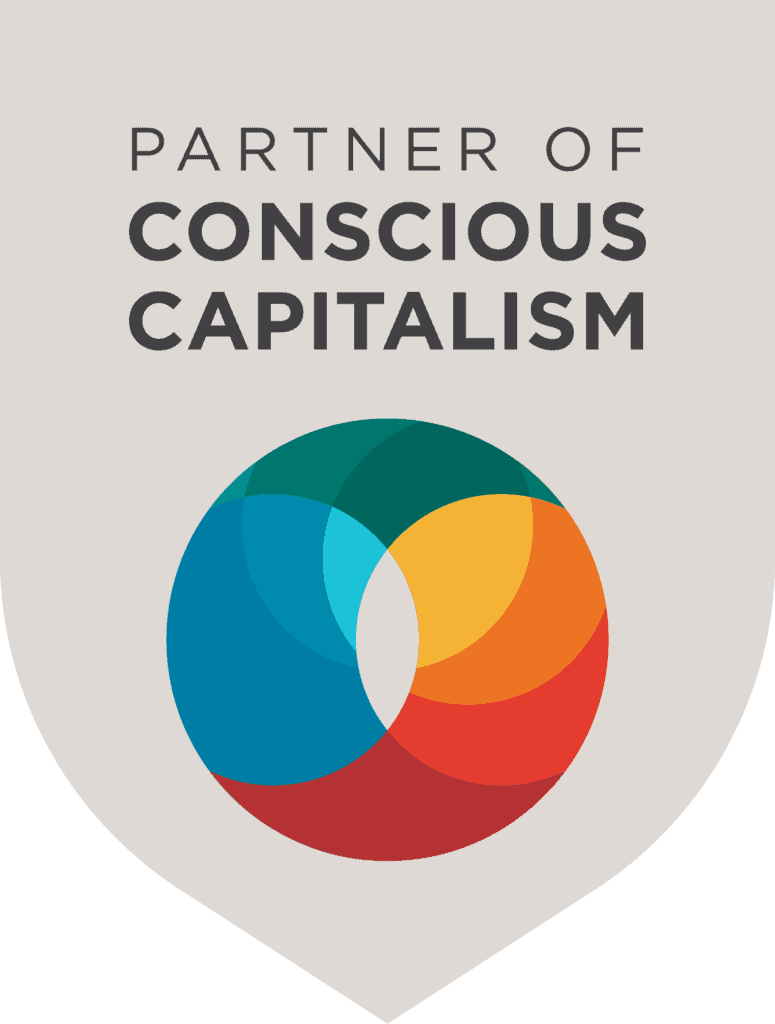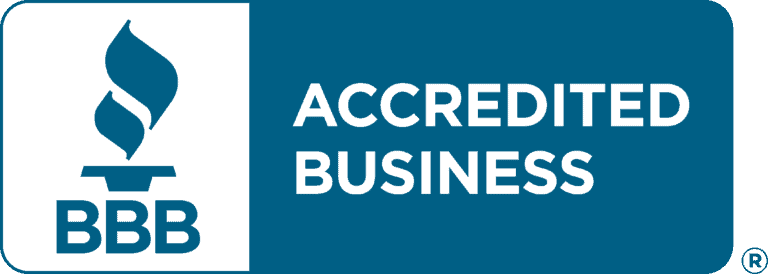One of the most significant topics in virtually any industry is inflation. Currently, avoiding conversations about inflation seems impossible, and it is not good news for business executives or workers. The inflation and uncertainty in the stock and crypto markets make conversations around full recovery inconclusive. According to the U.S. Bureau of Labor Statistics (BLS), consumer prices have risen to 8.3% – the highest inflation rate recorded since 1981. The producer price index (PPI), an indicator of consumer price, also rose to 11.2%. Which raises further questions about the inflationary effects on wages and benefits?
Since the year began, inflation has surged, with the consumer price index (CPI) hitting 7.5% in January and 7.9% in February. Employers are mounting pressure to review workers’ wages and benefits to match the increasing costs of goods and services.
Here at Expense To Profit, we are committed to helping businesses manage increasing expenses while maximizing profits. Our previous articles covered inflation and expense reduction and how to control costs with an impending recession.
While the common causes of inflation include increasing national debt, government regulations, exchange rate changes, and currency devaluation, employees face the brunt of it all. Here we will look at inflationary effects on employee wages and benefits.
The Impact of Inflation on Wages & Benefits
With consumer prices going up, employers review employee wages to include a raise. It has become noticeable that inflation impacts the dollar’s buying power, affecting workers’ compensation. As long as inflation rises, the value of compensation falls.
As the price of goods increases, it is difficult for salary-earners to keep up and make ends meet with their current wages. When inflation starts, it is not often recognized at first, and unfortunately, nothing is done about it.
Looking at the CPI of 8.5%, if a gallon of milk sells for $6, it will now be $6.51. When you consider other significant expense increases, you will see an apparent problem for your workers. In the ’50s and ’60s, it only took one income earner to provide for themselves and their families. It now takes two people to do so.
The U.S. is currently dealing with labor shortages, with more jobs than qualified workers. It is a clear sign that workers’ expectations of salaries are changing. According to the Federal Reserve Bank of New York, prospective employees’ average annual wages expected was $60,610 – a steep 13% increase from the previous $53,676.
Employees expect senior management of businesses to play their part – make the necessary adjustment to their wage and benefit packages.
Compensation Adjustments to Keep Up With Inflation
You must adjust your workers’ compensation packages or risk losing workers to a rival business. For instance, if your establishment employs workers paid hourly, you may have to adjust to a wage increase.
Understand that increasing the hourly wages of your workers will inherently increase your labor expenses. While that can be manageable, implementing the same increase for salary workers can be tricky – as it will lock you into that salary range, even if inflation plummets. This can put a strain on your overhead costs.
Another way you can manage the situation is to review your worker bonuses and benefits. It is safer to tweak worker compensation without significantly increasing and locking their wages in the future.
When making these adjustments to wages and bonuses to counteract inflationary effects, there are some factors to consider:
Compensation from Competitors
The silent battle to acquire and retain top talents rages on between businesses. One of the ways you can thrive on that front is by giving your workers competitive wages on payday. But if you do not know what your rivals are compensating their workers, you can not put your best foot forward.
It is vital at this point to do some competitive research by using platforms such as Glassdoor’s Salary Index or Salary.com. These sites will help you ascertain how much of an increase they include in wages during this inflationary period. This will go a long way in helping you adjust your compensation packages accordingly.
Current Budget
Before making a move to increase the wages and benefits of your workers, you need to review your current budget and cash flow.
Is your current budget sufficient enough for increased labor expenses? Are there areas you need to cut back expenses to make this possible? If your budget is not enough to take care of it, can you implement a slight increase in the price of your services and products?
You should answer these questions before making that decision.
Inflation Projections
At the moment, it is difficult to make a conclusive analysis of inflation. However, if we examine the figures from the BLS, we can notice a steep increase in the consumer price and production price indexes from last year. Some experts believe inflation will ease but gradually later this year, while others disagree.
If you feel inflation might return to bearable levels in the coming months, you may consider increasing bonuses rather than salary increments. However, if you are confident that inflation will remain throughout this year, consider increasing your employee wages.
Conclusion
The inflationary effects on wages and benefits are something that businesses need to watch. We are in somewhat of a delicate time for businesses as the benefits that workers are looking for may not be as straightforward. When in doubt, it can always be best to have this discussion with your employees to see exactly what they want or where they may be hurting the most. It may also help to discuss this further with expense reduction experts as we often deal with businesses experiencing these problems.
Expense To Profit, from its inception, has been committed to improving business profits while regulating overhead costs. Reach out to us to see how we can improve your business with concise strategies.






